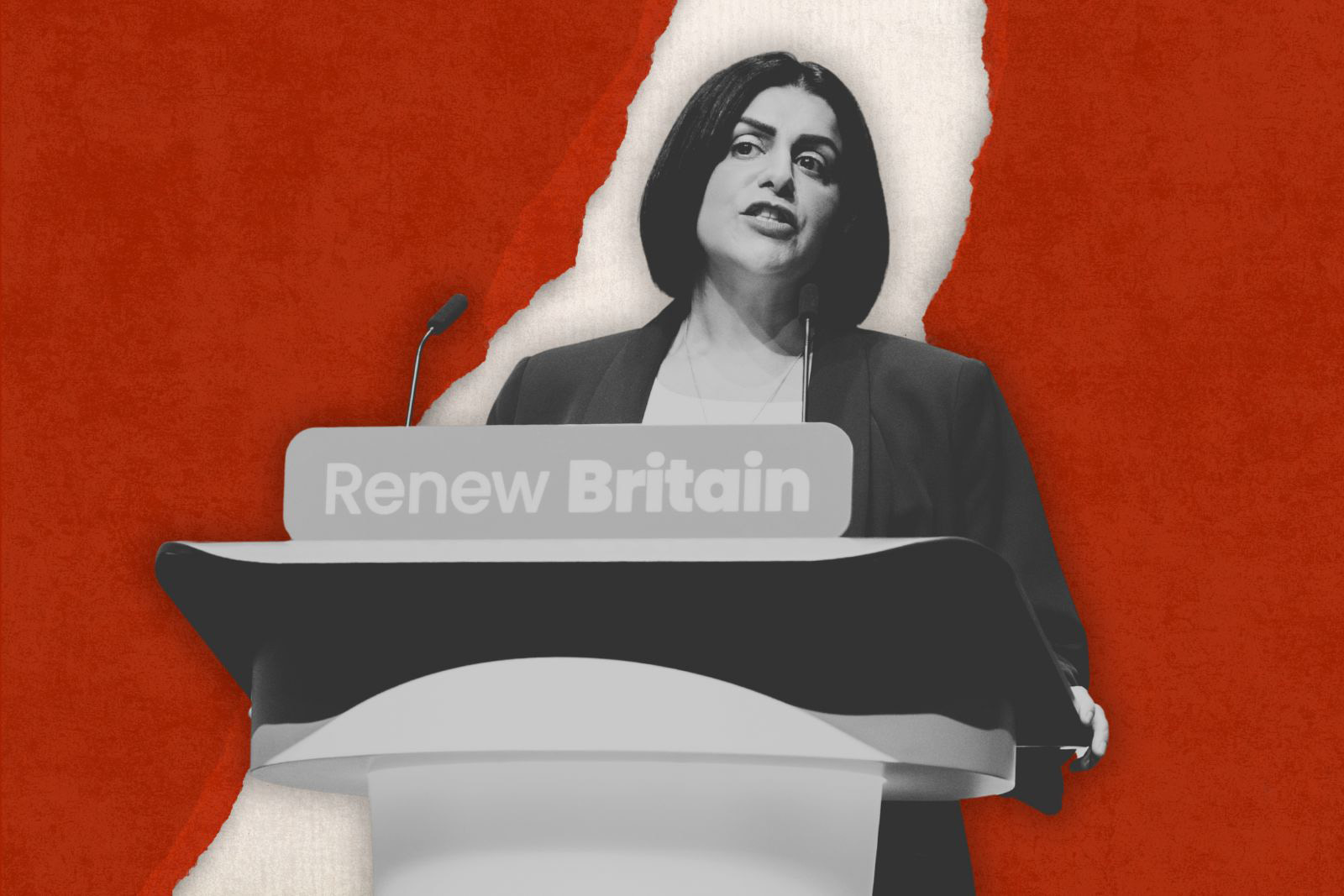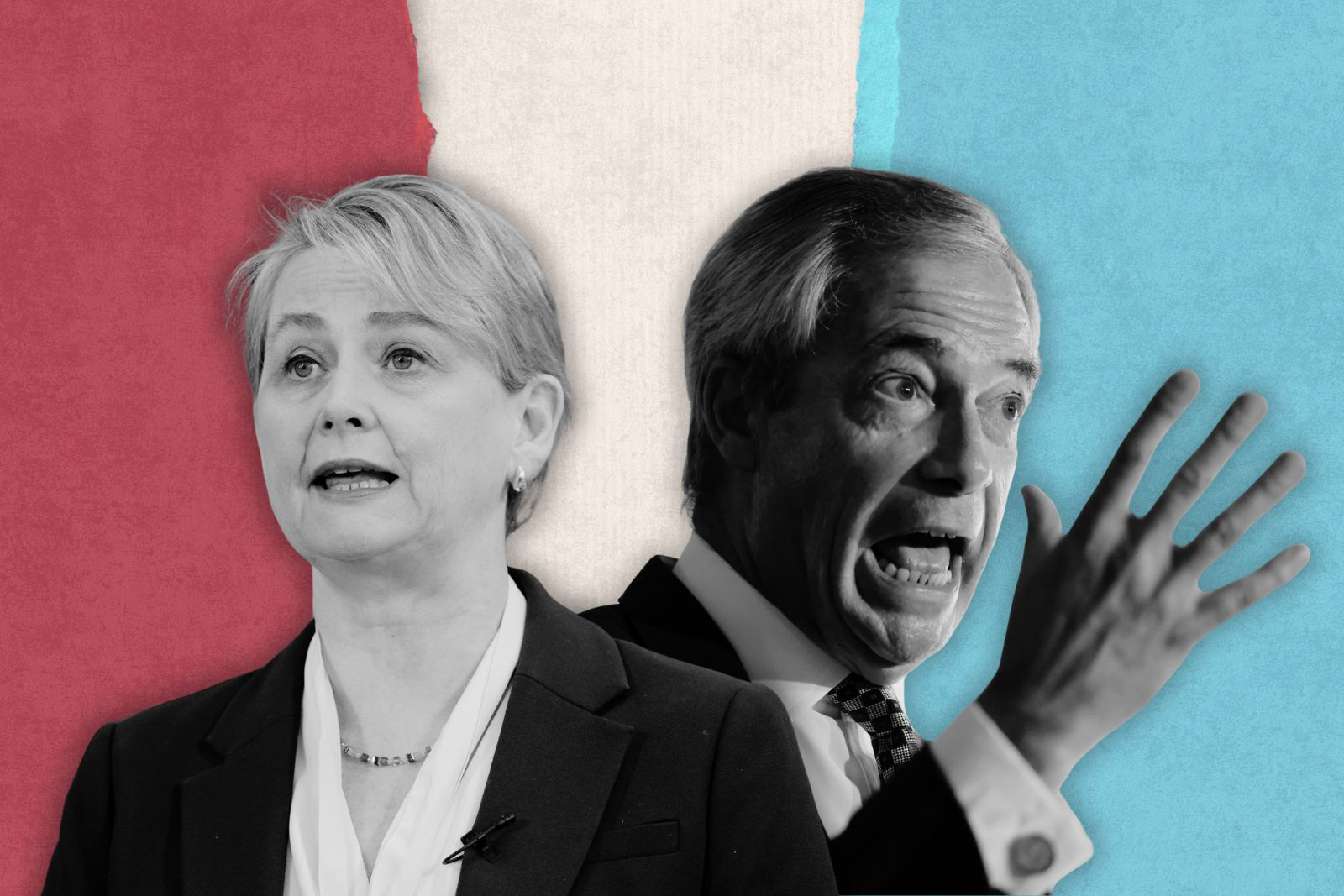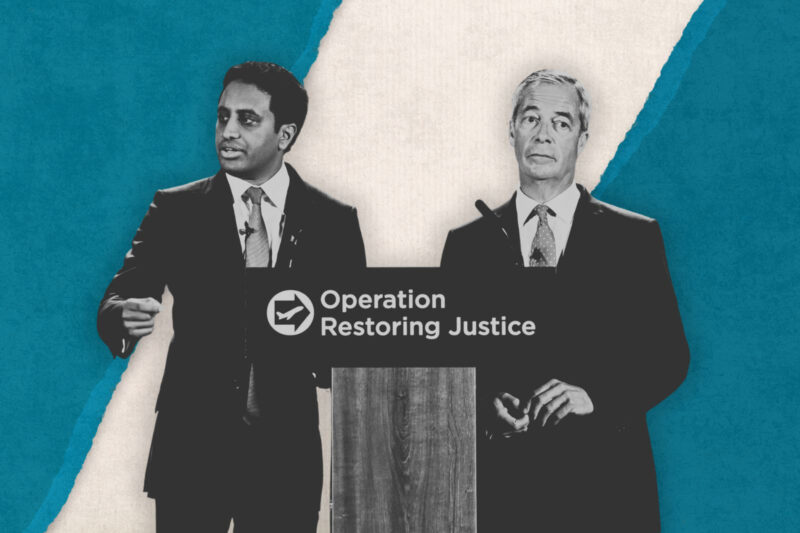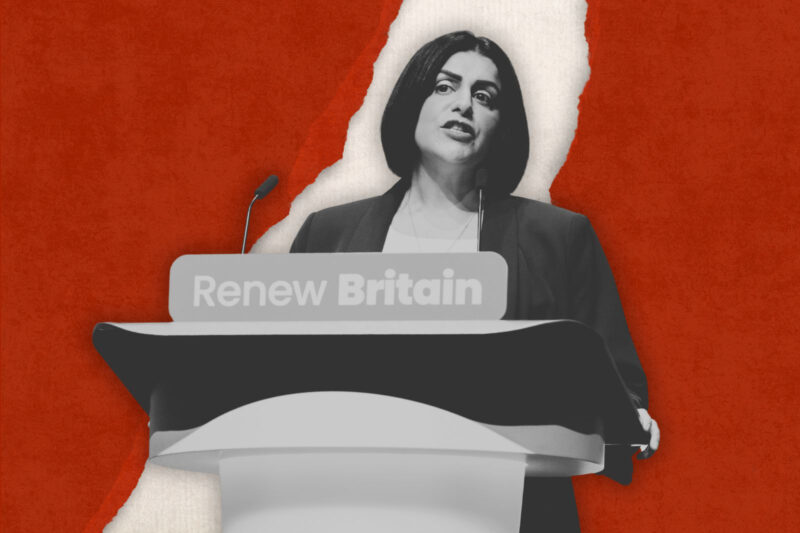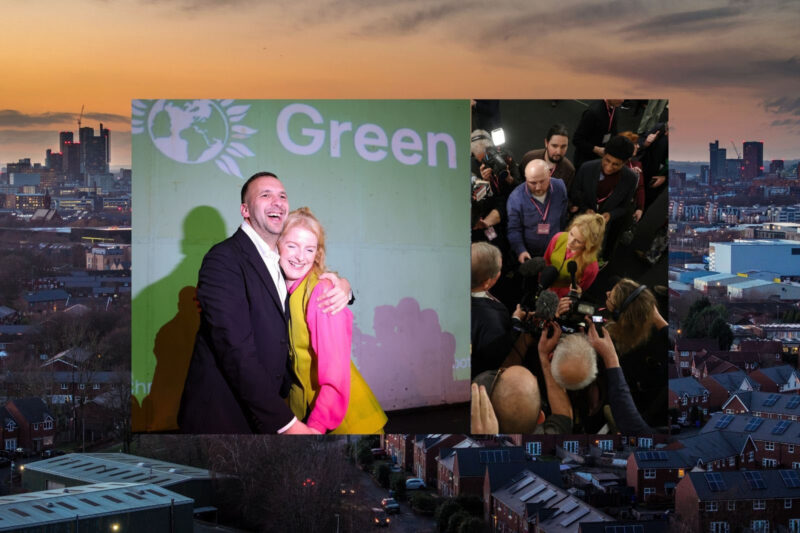Shabana Mahmood’s high-stakes gamble on immigration
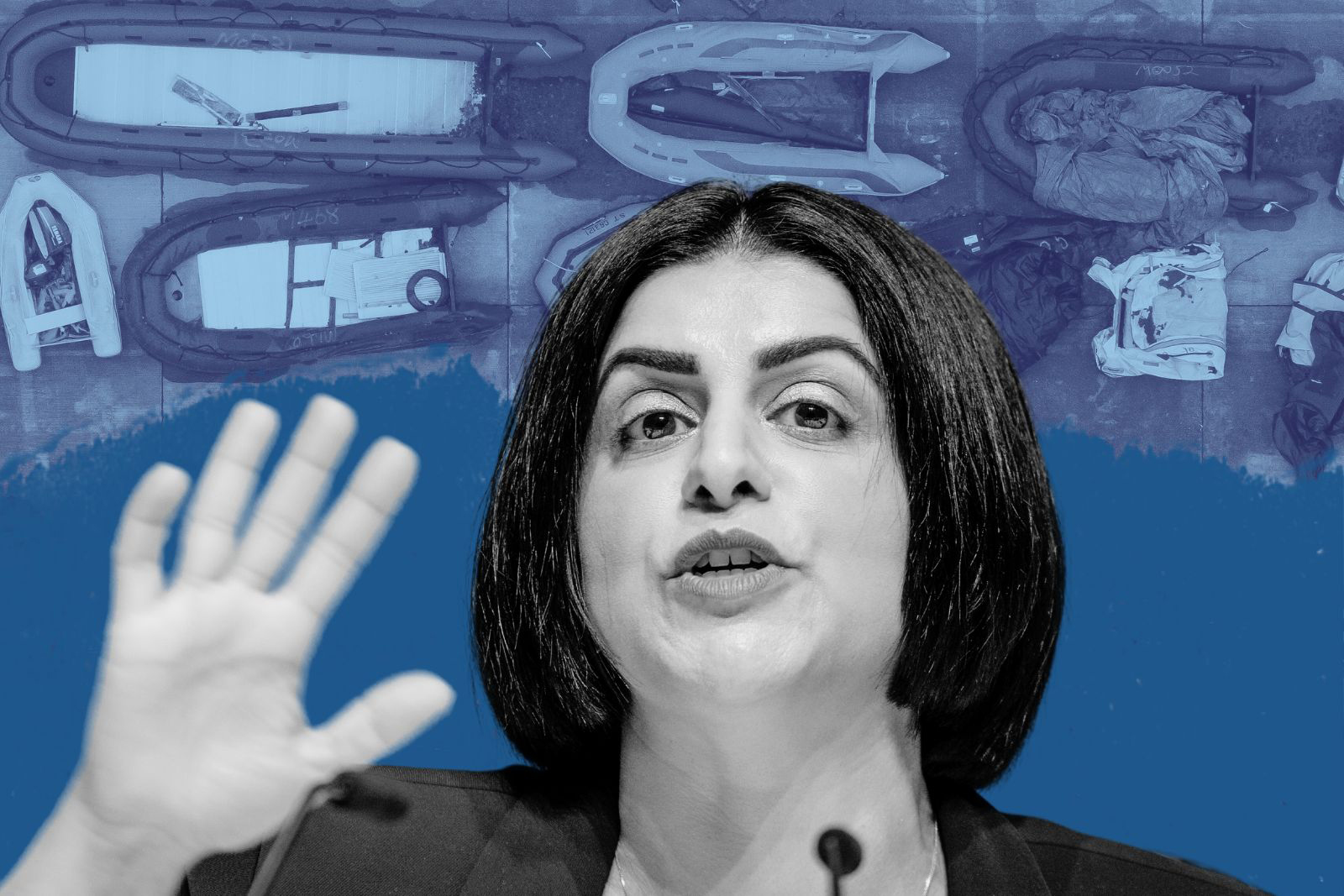
The home secretary’s far-reaching reforms suggest she is determined to deliver on her border control pledges
For successive home secretaries, immigration has been the issue that never leaves the top of the in-tray. For more than a decade, successive governments have promised to cut immigration numbers to restore control and to end small-boat crossings. Everyone who has promised to do so has failed. Now the responsibility sits with Shabana Mahmood, who, 75 days into the job, has already earned a reputation in Whitehall as a “woman in a hurry”. Her latest, far-reaching package of reforms, suggests she is determined to deliver on what has long been viewed as an impossible task.
At the centre of Mahmood’s announcement this week is a proposal to reinterpret the European Convention on Human Rights (ECHR) in UK courts. The most consequential change would sharply restrict the ability of people seeking asylum to use Article 8, the right to respect for private and family life, to block deportation. Alongside this sits a fundamentally revised approach to refugee status: cases would be reviewed every 30 months, and only after 20 years in Britain would individuals be eligible to apply for permanent residency.
Other reforms end guaranteed housing support for those seeking asylum, safe and legal routes would continue, but in more limited form, and those with the means to support themselves would be required to contribute financially to their accommodation and upkeep. Home Office sources stress however that this would not extend to confiscating possessions like jewellery, but the symbolism of expecting people applying for asylum to pay their way is deliberate.
The government insists these shifts are necessary to bring control to a system that has been under the spotlight. So far this year, 111,800 people have claimed asylum in Britain. Despite the political fixation on small boats crossing the Channel, only 39% arrived that way. Nearly as many, 37%, entered the country legally before submitting a claim. The home secretary argues that illegal migration is stoking social division and public anger. Allies say she is driven by a fear that failure to act will result in the entire system collapsing due to ever-rising caseloads, spiralling costs, and an increasingly volatile public mood.
Mahmood herself has become a lightning rod on asylum. In a stark moment at the despatch box this week, she told MPs she had been called a “fucking Paki” and told to “go back home” by those who claim to be angry about the issue. Sources close to her say she believes that if mainstream politics cannot finally resolve the issue of rising illegal immigration, something altogether darker will fill the vacuum. This, they argue, is the last moment in which a mainstream political party will have the chance to address this.
The intellectual inspiration for the home secretary’s package comes from Denmark, where a centre-left government has got immigration numbers down. In 2014, a total of 14,792 people seeking asylum arrived in Denmark; by 2024 that number had fallen to 2,333. In Denmark, temporary residence permits are now only being granted for less than two years at a time and there is no longer any guarantee of a permanent visa. Those hoping for one need to be fluent in Danish and must have had a full-time job for several years.
But emulating Denmark’s approach comes at a cost. The Danes have regularly attracted criticism from the UN over the policies and the reaction from within the Labour Party at Mahmood’s plans have not exactly been muted. Labour MP Nadia Whittome denounced the reforms as “dystopian” and “shameful”, accusing the government of tearing up protections for people who have endured “unimaginable trauma”. Tony Vaughan, both a Labour MP and an immigration lawyer, warned that the move towards temporary refugee status risked creating “a situation of perpetual limbo and alienation”.
Privately, fury among Labour MPs is equally blistering. One told me: “Less than a week ago, the prime minister warned about rising racist and divisive rhetoric. Now the government is actively fuelling it.” Another said: “This is not the Labour Party I have supported all my adult life.” While a third was more brutal still: “This is morally wrong, a racist narrative taken straight from the far-right playbook.”
The fairly muted response from the Conservatives and Reform UK has only deepened the resentment within Labour ranks. The Conservative leader Kemi Badenoch offered faint praise, describing the package as “positive baby steps”. Nigel Farage said he was “undecided” and even said the home secretary “sounds like she is auditioning for Reform”. That prompted one Labour MP to tell me that even vague approval from Farage was proof that the policy was “utterly appalling”.
Around 20 Labour MPs have already publicly condemned the plans, yet others are adamant that their colleagues are misreading the electorate. They argue that voters expect a Labour government to deliver tangible results or they will drift towards Reform UK. Concerns about polling which regularly place Reform ahead of their party, have left many MPs privately pushing the Labour leadership to offer a stronger response to getting immigration numbers down.
In and amongst all of this, Mahmood’s own position appears to have been strengthened. She put herself front and centre of the rollout, including a statement to the Commons and broadcast interviews after the announcement. Her willingness to face scrutiny and her frank, sometimes aggressive answers have won admiration with many Labour MPs who say they have been impressed by her composure and clarity.
At a time of political turbulence and questions about the Labour’s leadership, some MPs believe Mahmood has shown she can communicate clearly and in a way that people understand. It is clear therefore that not only are Mahmood’s proposals consequential for the future of Britain’s immigration system, but they could also be for her own future career trajectory.
Shehab Khan is an award-winning presenter and political correspondent for ITV News.
 Newsletter
Newsletter


